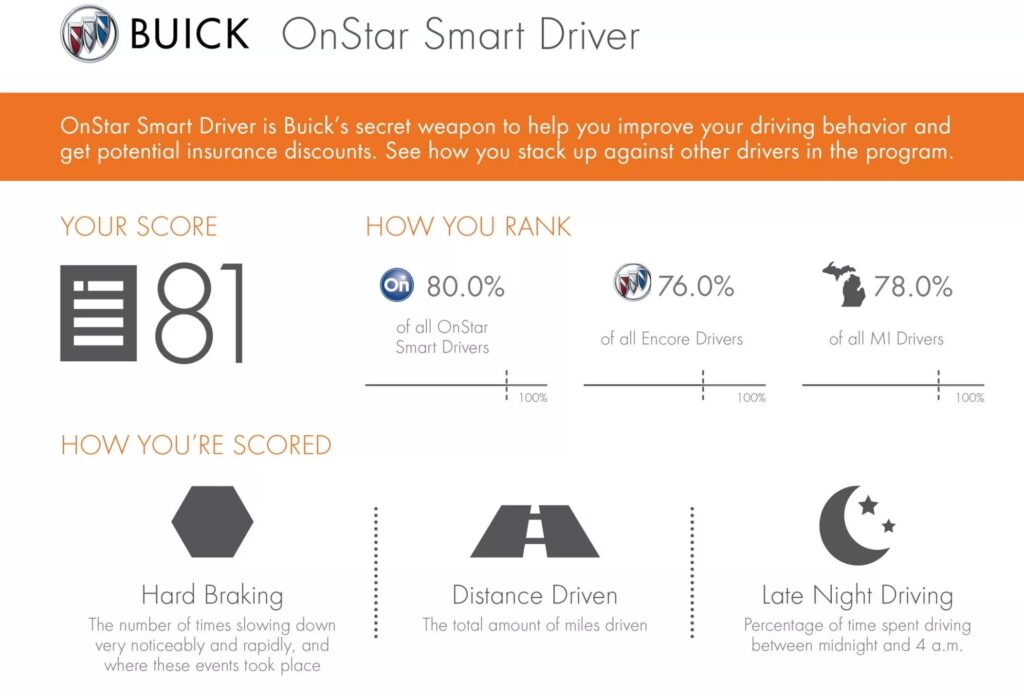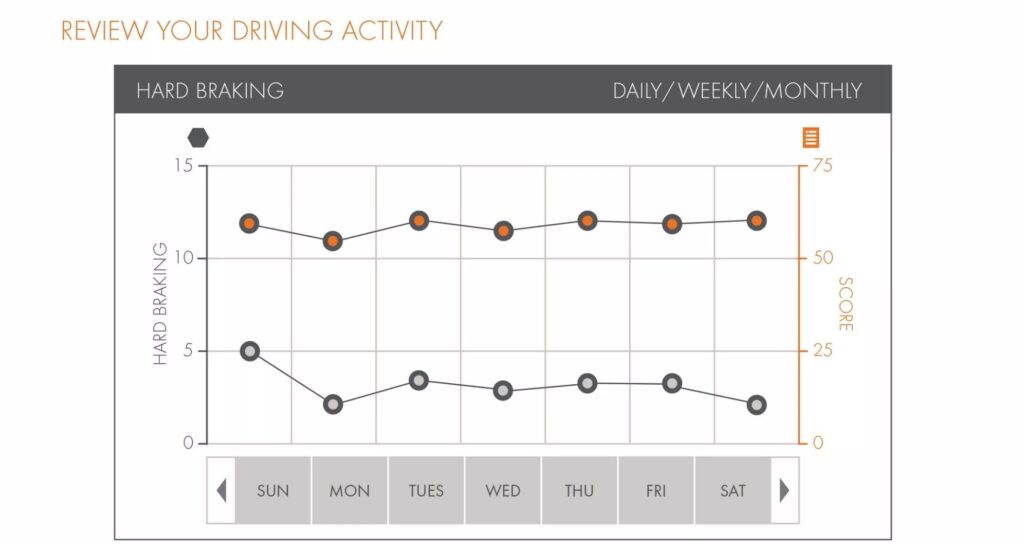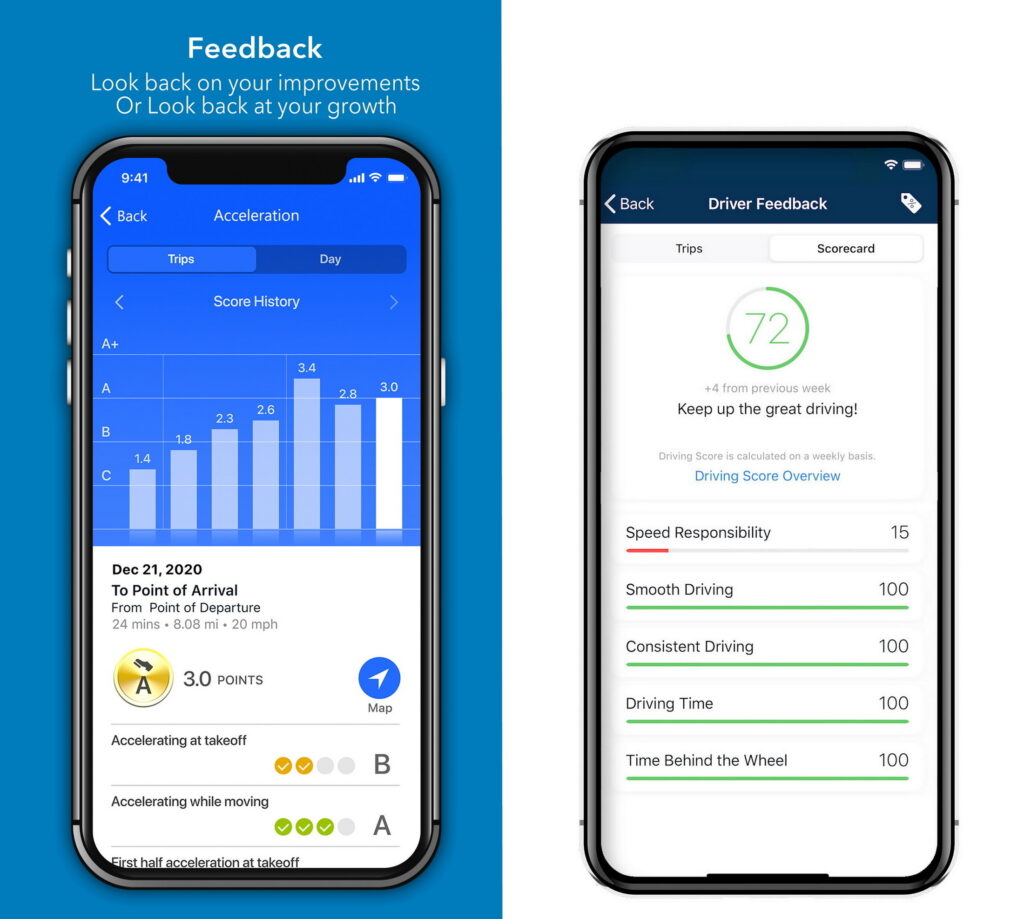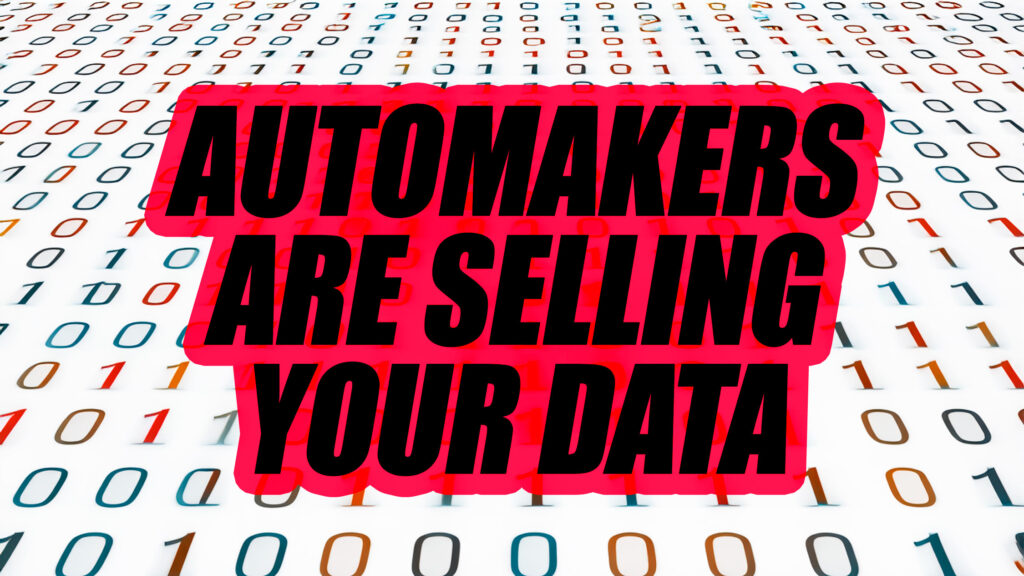- Two US senators want the Federal Trade Commission to investigate the sale of driver data by automakers.
- Democratic senators Ron Wyden from Oregon and Edward Markey from Massachusetts have accused the car industry of a “flagrant abuse” of privacy.
- The pair say multiple automakers could have unlawfully shared driver info with data broker Verisk, who then sold it to insurance companies.
A pair of US senators outraged at the sale of driver data by automakers want the Federal Trade Commission to investigate the practice.
Senators Ron Wyden (D-OR) and Ed Markey (D-MA), have written twice to the FTC asking it to look into the sharing of data and what they say are the sneaky tactics automakers employ to get us to consent to providing them with that data.
Related: Did OnStar Spy On You? GM Faces New Lawsuit Over Driver Data, Rising Insurance Rates
The senators called out GM, Honda and Hyundai, explaining in a 16-page letter to the FTC how the automakers sold driver information about when and where owners used their cars, and how smoothly or recklessly they drove them, to a data broker. That company, Verisk, then sold on the data to insurance companies who used it to increase premiums for some drivers.
Sen. Wyden says Hyundai shared data from 1.7 million cars with Verisk, which paid $1,043,315.69, or 61 cents per car. Honda shared data from 97,000 cars for $25,920, or 26 cents per car, and GM has yet to disclose what it made from pimping out our details.

Beyond the sale of the data harvested from connected cars, the senators expressed concern about the deceptive methods, or “dark patterns,” the automakers used to get a hold of it in the first place, including telling drivers they needed to consent to data sharing if they wanted to receive safety updates and alerts.
“The problematic practices we have uncovered and documented in this letter are likely just the tip of the iceberg,” Wyden and Markey wrote in their communication to the FTC. “Verisk has publicly confirmed it sold driver data from three automakers, but the media has reported that other data brokers, like LexisNexis, are still selling driver data.”
The senators want the FTC to come down hard on automakers and data brokers in this case in the way it did earlier this this year with two brokers who sold data from smartphone apps.
“The FTC should hold accountable the automakers, which shared their customers’ data with data brokers without obtaining informed consent, as well as the data brokers, which resold data that had not been obtained in a lawful manner,” they proclaimed.

All three automakers deny misleading vehicle users and claim that each driver had to deliberately agree to the terms of the data sharing agreement before giving their consent. This summer GM ditched its Smart Driver tech and Hyundai its Driver Score program, two features that snooped on how we accelerate and brake.
GM provided us with this statement:
“We share the desire to protect consumers’ privacy while enhancing safety and preserving innovation. As a reminder, the Smart Driver product ceased to exist in June 2024.
We vehemently deny the assertion that we used “manipulative design techniques” to coerce consumers into enrolling in Smart Driver. Each consumer was given choice at the time of enrolling and throughout the life of the product.
To be clear, we established the Smart Driver product to promote safer driving behavior for the benefit of customers who elected to participate. Data was only shared with an insurer if a customer initiated a quote directly with their chosen carrier and provided a separate consent to that carrier.
As is common industry practice, we share de-identified data not associated with specific drivers or vehicles with select partners for purposes that include enhancing city infrastructure and road safety for pedestrians, cyclists, and drivers.”





